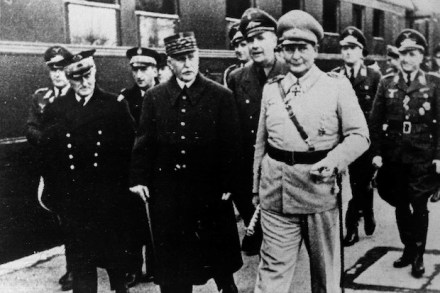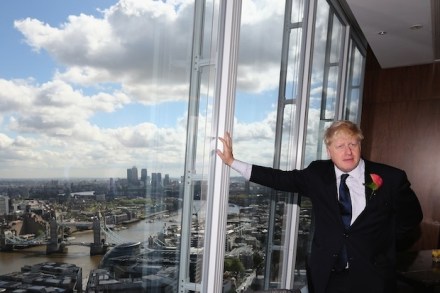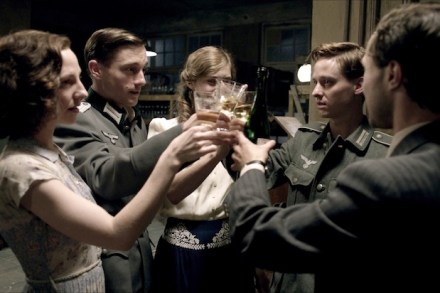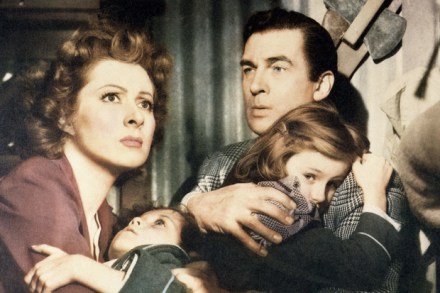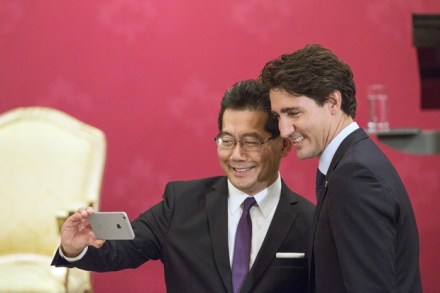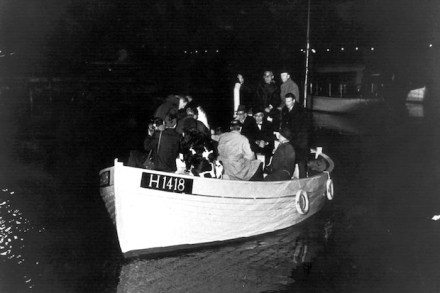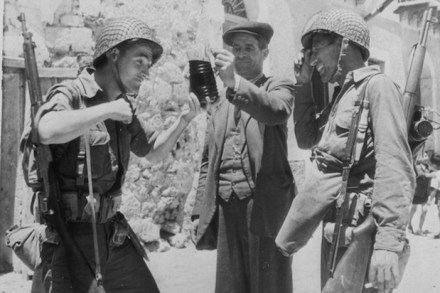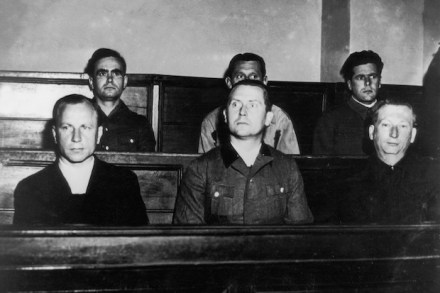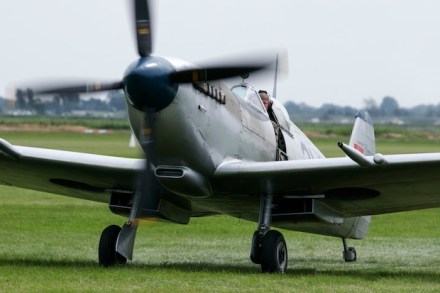Spectator letters: Press regulation, heroic Bulgarians and the case for Scotch on the rocks
Beyond the law Sir: In your leading article of 28 June you make the point that the hacking trial demonstrates why political oversight of press regulation, not press regulation by politicians, would be an unnecessary ‘draconian step’ because ‘hacking is already against the law’. Later you compare the illegal but honourable behaviour of Andy Coulson with that of Damian McBride, who ‘broke no law but behaved criminally’. In doing so you weaken the earlier argument. Regulation of the press should not solely be focused on illegal activity; rather it is to ensure that the press does not behave in a way analogous to that you criticise McBride for. In the


